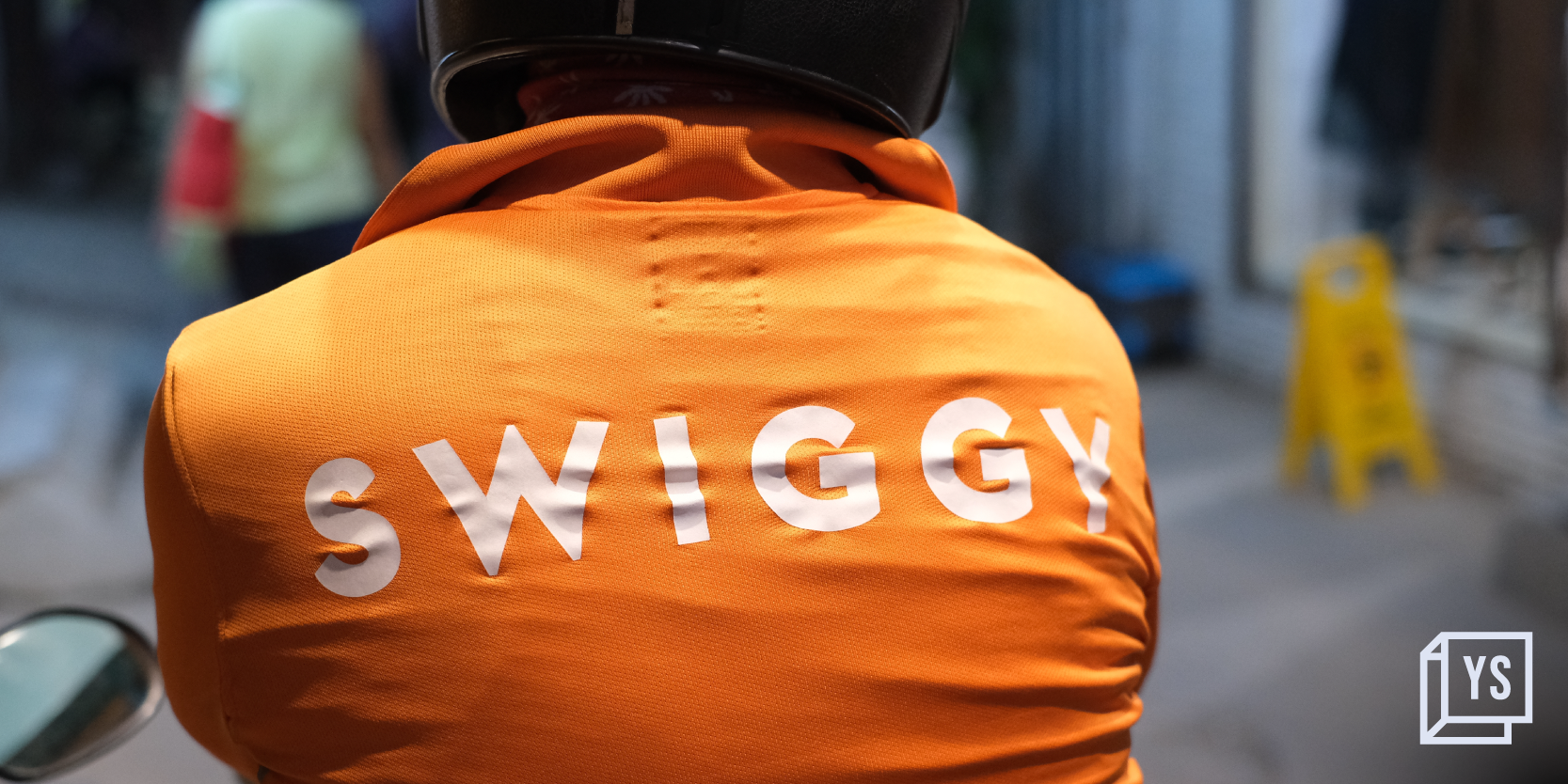Meet this Delhi woman entrepreneur who took her Indian jewellery brand overseas in just 2 years
Megha Malik’s RESA employs around 40-60 labourers from West Bengal and Rajasthan to craft beautiful pieces using diamond, polki, and kundan stones. She has found a market not just in India but overseas too.
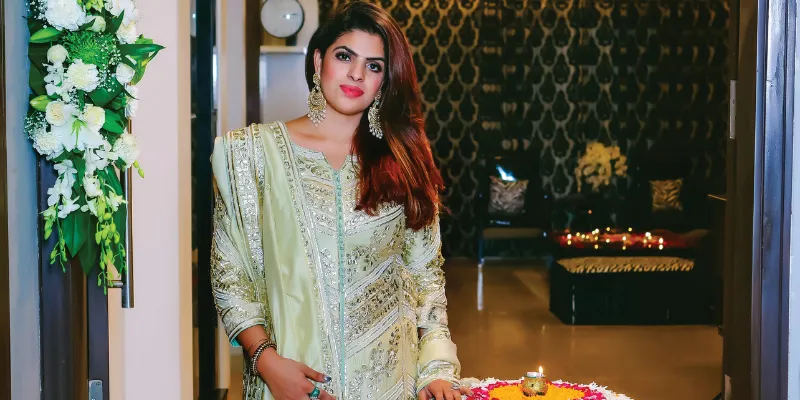
Megha Malik, Founder, RESA Fine Jewellery
Megha Malik was very fond of jewellery and grew up admiring her mom’s and grandmom’s classic pieces. And it was this lifelong love for bling that made the Delhi-based entrepreneur open RESA, a jewellery brand in 2017.
In an interaction with SMBStory, the 34-year-old, who holds a Marketing degree from the University of Salford, shares how her love for designing jewellery encouraged her to form the brand, RESA Fine Jewellery.
Edited excerpts from the interview:
SMBStory: How was RESA started?
Megha Malik: RESA was formed completely out of love. I completed my post graduation and came back to India to pursue a career in the fashion industry. However, there was something that always attracted me towards designing jewellery, and in 2010, I thought I should give it a try.
I always loved jewellery and fashion since I was a kid. One could not drag me away from the windows of every jewellery store in the mall when I was small. Believing in my dreams and having confidence in my skills, I started my career as a jewellery designer.
For the initial year, I dedicated myself to studying about precious stones, designing, and a lot more. My first collection was launched in November 2011 with 40 pieces of earrings, bracelets, and rings.
At present, RESA employs around 40-60 labourers from West Bengal and Rajasthan to craft diamond, polki, and kundan jewellery.
SMBS: How do you manufacture jewellery?
MM: We are focussed on handmade jewellery and are not very dependent on the machine but on clients demand.
For manufacturing a piece of jewellery, I first make a sketch by hand, and then a computer sketch that is a CAD/CAM. After the sketch is done, a model is made in wax and then it goes into production. Here it is decided if the jewellery has to handmade or machine-based. All the diamonds and other stones we buy are from Surat and Mumbai.
Things have changed big time in our industry. There are a lot of new machines, and even the patterns of stone placement have changed. However, at RESA, we do a lot of handwork and it has grown tremendously in the last two years.”
I have clients from across the country, and from the UK, Singapore, Malaysia, Vietnam, Australia, and more. People from the Middle East generally demand machine base jewellery than my other clients.
RESA, since its inception, has seen approximately 60-70 percent growth year-on-year basis and deals with almost 50-60 clients every month.
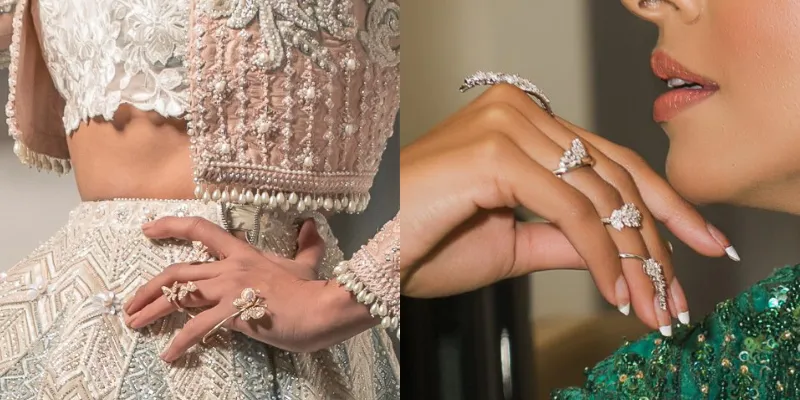
SMBS: How do you market your products?
MM: RESA is synonymous with exclusivity, so I do not believe in the walk-in model. My customer base is through word of mouth or from the shows I conduct in London every year.
Recently, I did a show in London with Faraz Manan, and it was a huge success.
SMBS: What are the challenges you come across in your business?
MM: In the jewellery business, you cannot escape duplication. In a jiffy, competitors can copy your design and you are pulled back. And this is the primary reason I refrain from exhibiting my products. Every business has some shortcomings, and this is one of the major ones for every jewellery designer.
A majority of my client base is outside India. If it would not have been so, we would have downgraded during the demonetisation after which many designers suffered.
SMBS: What are your future prospects?
MM: In a broader perspective, I want RESA to be a unique brand that my two daughters would want to run when they grow up. But to talk about the near future, I want to come up with a small counter to display the exclusive collection RESA has for its clients.
ALSO READ:
How Renaissance became the crown jewel of India’s gems and jewellery exports





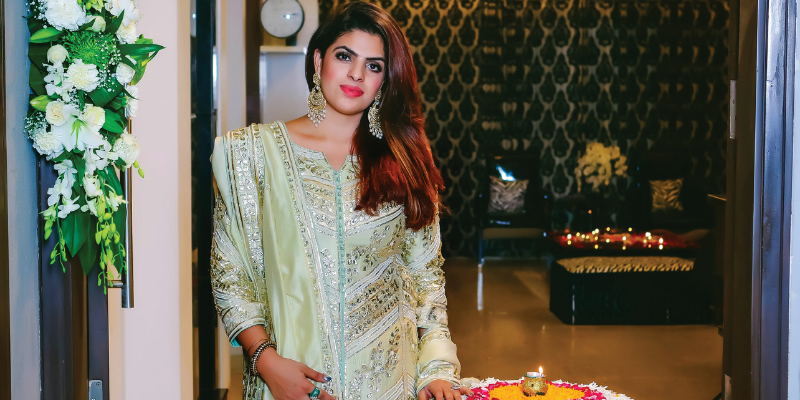

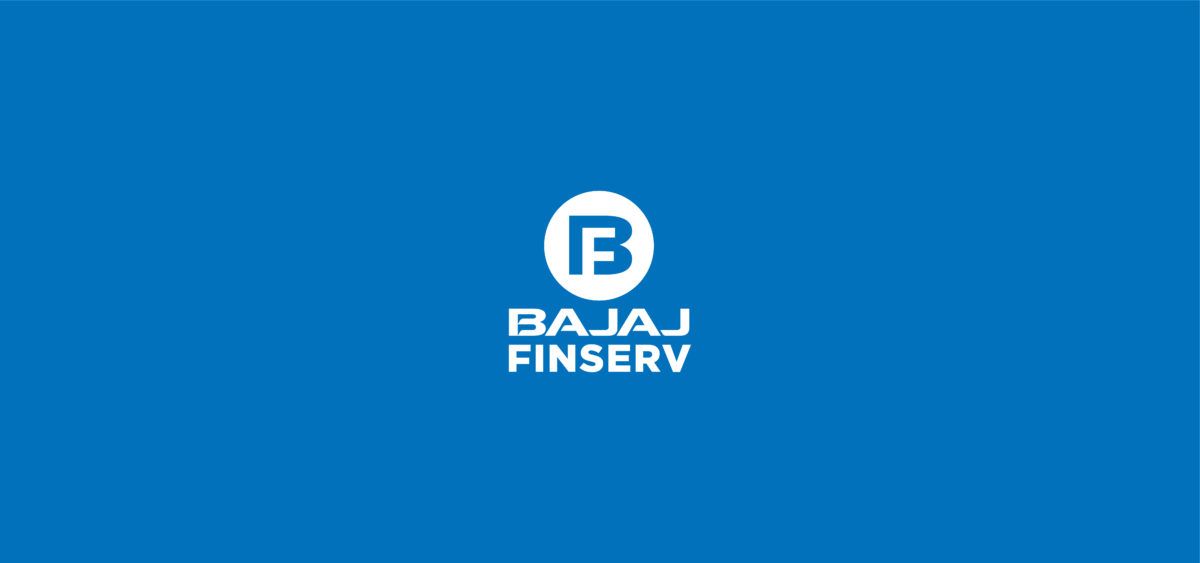

![[Funding alert] Venture Catalysts invests in wellness startup Green Cure](https://images.yourstory.com/cs/2/70651a302d6d11e9aa979329348d4c3e/Imagey8ho-1594190613192.jpg)
